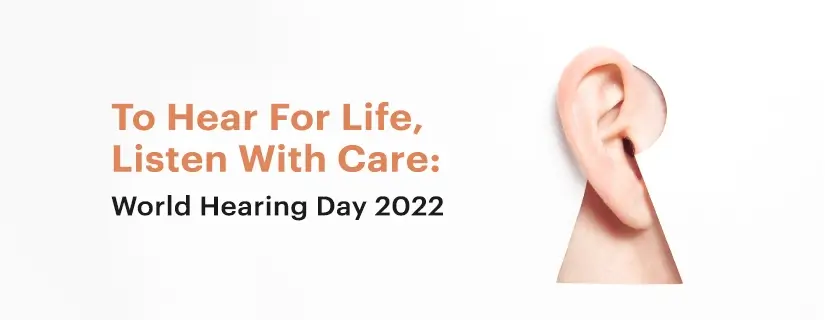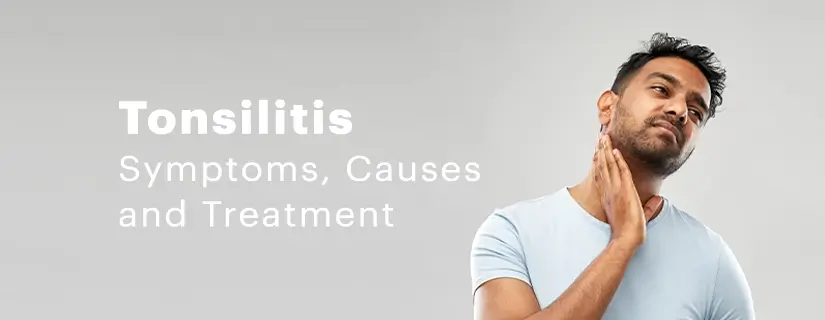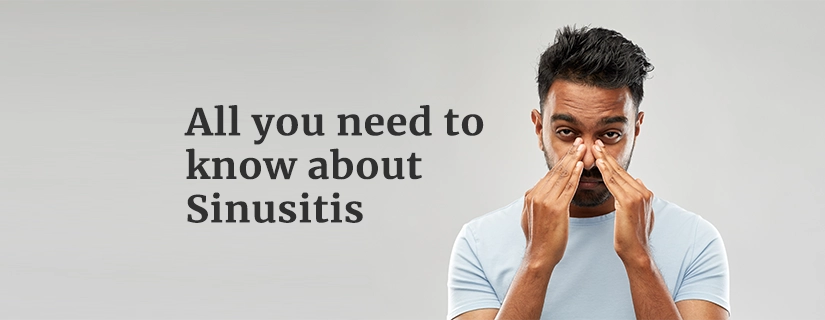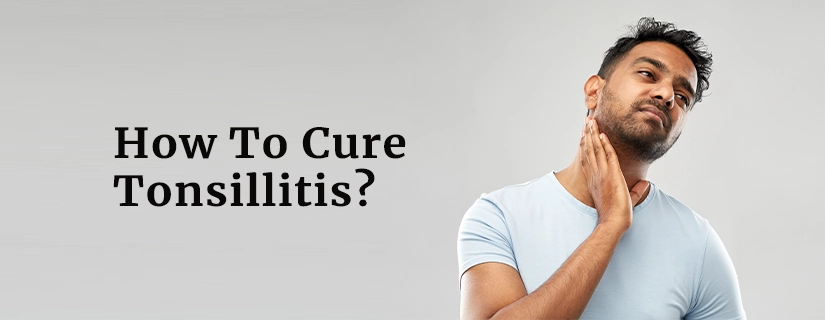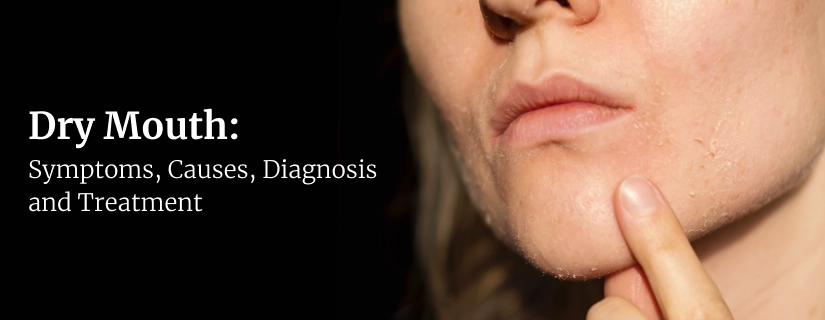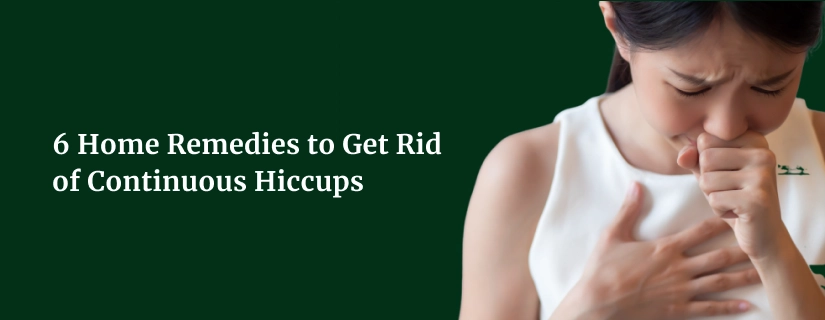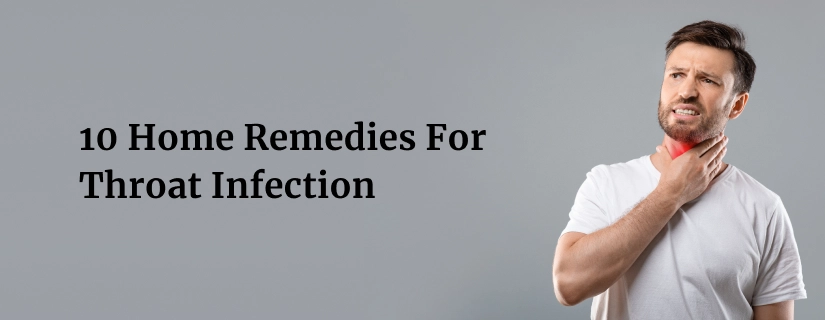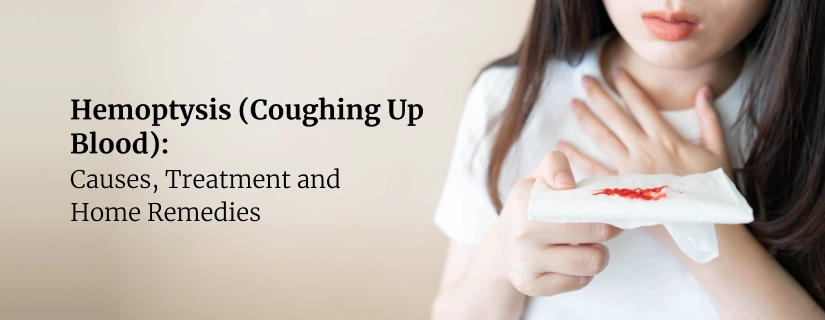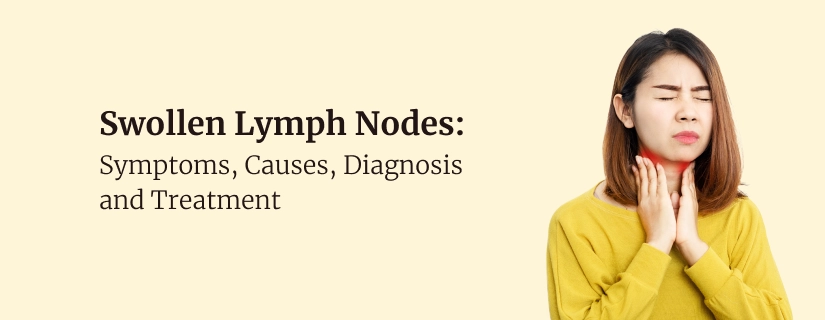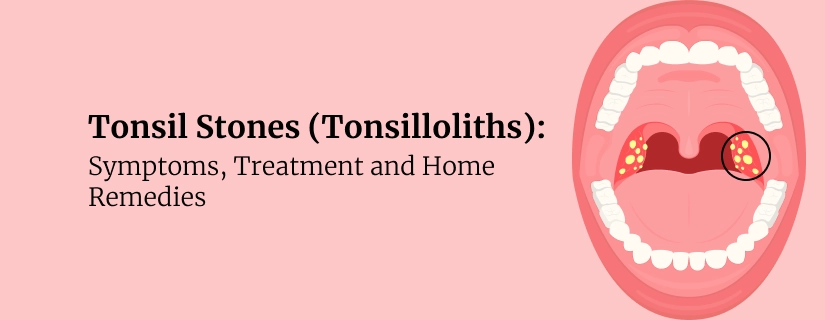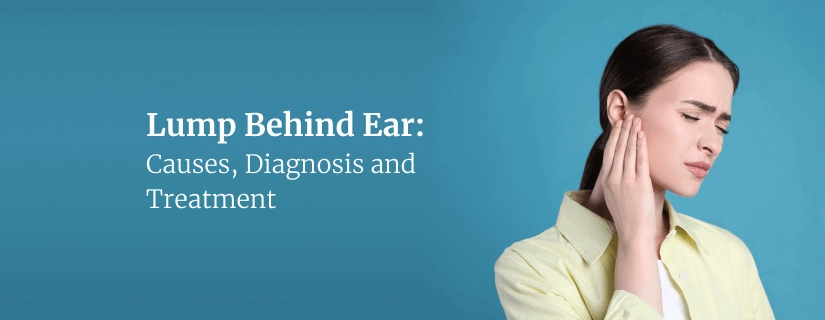-
Doctors
-
Specialities & Treatments
Centre of Excellence
Specialties
Treatments and Procedures
Hospitals & Directions HyderabadCARE Hospitals, Banjara Hills CARE Outpatient Centre, Banjara Hills CARE Hospitals, HITEC City CARE Hospitals, Nampally Gurunanak CARE Hospitals, Musheerabad CARE Hospitals Outpatient Centre, HITEC City CARE Hospitals, Malakpet
HyderabadCARE Hospitals, Banjara Hills CARE Outpatient Centre, Banjara Hills CARE Hospitals, HITEC City CARE Hospitals, Nampally Gurunanak CARE Hospitals, Musheerabad CARE Hospitals Outpatient Centre, HITEC City CARE Hospitals, Malakpet Raipur
Raipur
 Bhubaneswar
Bhubaneswar Visakhapatnam
Visakhapatnam
 Nagpur
Nagpur
 Indore
Indore
 Chh. Sambhajinagar
Chh. SambhajinagarClinics & Medical Centers
Book an AppointmentContact Us
Online Lab Reports
Book an Appointment
Consult Super-Specialist Doctors at CARE Hospitals
Whooping Cough: Symptoms, Causes, Diagnosis, Prevention and Treatment
Updated on 12 January 2024
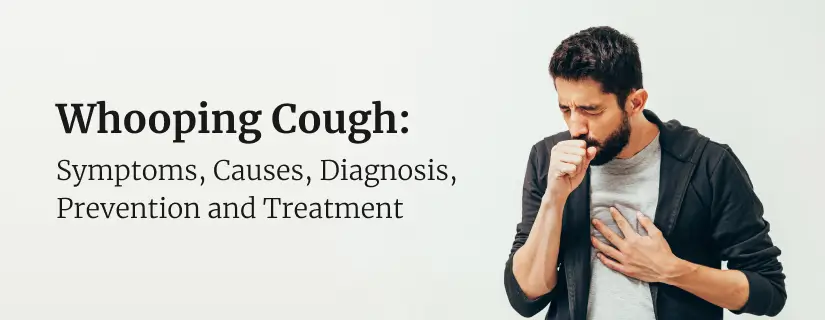
Whooping cough, or Pertussis, is a highly contagious bacterial infection primarily affecting the respiratory system. It is characterised by severe coughing fits, often accompanied by a distinctive "whooping" sound during inhalation. While whooping cough was once a common and potentially deadly childhood disease, widespread vaccination has significantly reduced its prevalence. Nevertheless, it remains a concern, especially for infants and those with compromised immune systems. Although whooping cough-related deaths are uncommon, they mostly affect young children. This is the reason the whooping cough disease vaccination is crucial for expectant mothers and other individuals who will be in close proximity to a baby.
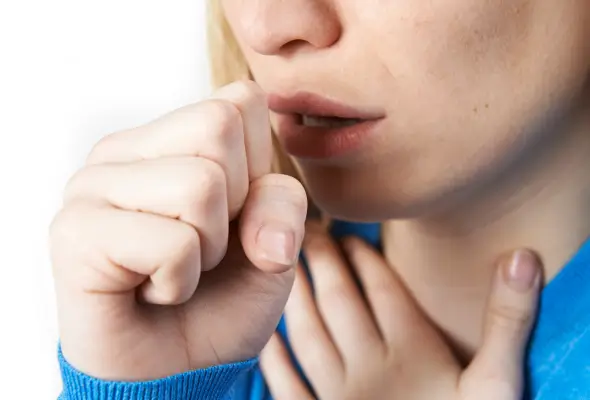
Symptoms of Whooping Cough
Whooping cough symptoms often appear 5 to 10 days after exposure to the bacteria that causes it. It may take up to three weeks for symptoms to appear. Following are the stages of whooping cough:
Stage 1 - Catarrhal Stage
Whooping cough disease typically follows a three-stage pattern. In the first stage, known as the catarrhal stage, symptoms resemble those of a common cold. These symptoms include:
- Runny nose or nasal congestion
- Occasional, mild cough
- In newborns and early infants, cyanosis (becoming blue or purple) and apnea (breathing stops that might be fatal)
The catarrhal stage lasts for one to two weeks. Whooping cough looks to be little more than the usual cold in its early stages. Because of this, doctors usually fail to recognise or diagnose it until the condition manifests more severely.
Stage 2 - Paroxysmal Stage
The second stage of whooping cough is referred to as the paroxysmal stage. During this stage, the cough becomes more severe and frequent. These coughing fits can be so severe that they can lead to vomiting, exhaustion, and the characteristic "whooping" sound as the person gasps for air between coughing bouts. Whooping cough fits may result in the following:
- When they are able to breathe again after a coughing episode, they will make a high-pitched "whoop" sound.
- Vomit either during or following episodes of coughing.
- It seems okay in between fits, but feels really exhausted after the fit.
- Breathe difficulty
Although they can continue up to 10 weeks, these coughing spells typically last one to six weeks.
Stage 3 - Convalescent Stage
This stage occurs after the paroxysmal stage. It might take a while to recover from a whooping cough. In this stage, the cough gradually decreases in severity and frequency, but it can persist for several weeks or even months. The individual may continue to experience lingering symptoms, such as coughing and fatigue. After a period of time, coughing fits may subside, but they may come back if another respiratory condition strikes. Many months after the whooping cough infection first manifests, coughing episodes may recur.
Causes of Whooping Cough
The primary transmission mode of whooping cough is person-to-person contact. The bacteria can easily infect individuals who are not vaccinated or lack immunity.
A significant factor in the resurgence of whooping cough disease is vaccine hesitancy. While vaccines, such as the DTaP (Diphtheria, Tetanus, and acellular Pertussis) vaccine, are highly effective at preventing the disease, some individuals or parents may choose not to vaccinate their children due to concerns regarding vaccine safety or misinformation. In some cases, individuals may not receive the complete series of recommended pertussis vaccinations, leaving them at risk of contracting and spreading the disease.
Infants, especially those under six months of age, are most vulnerable to severe complications from whooping cough. They are often too young to have completed their complete vaccine series, making them reliant on herd immunity to protect them.
Diagnosing Whooping Cough
Diagnosing whooping cough involves a combination of clinical evaluation, medical history, and laboratory tests. Doctors will consider the following when making a diagnosis:
- Clinical Symptoms - The characteristic symptoms of whooping cough, such as severe coughing fits and the "whooping" sound, are indicative of this disease. A healthcare provider will inquire about the duration and progression of the symptoms.
- Medical History - Information about vaccination history and potential exposure to individuals with pertussis is crucial for making an accurate diagnosis.
- Laboratory Tests- To confirm the diagnosis, a doctor may order laboratory tests, such as a Polymerase Chain Reaction (PCR) test or a bacterial culture from a throat swab.
- Chest X-ray - When the whooping cough becomes worse, the doctor may decide to order an X-ray to look for signs of fluid or inflammation in the lungs.
Prompt diagnosis of signs of whooping cough is essential, as early treatment and isolation measures can help prevent the spread of the disease to others, particularly vulnerable populations like infants.
Whooping Cough Treatment
Whooping cough is very harmful to young children; thus, treatment for whooping cough in infants usually involves hospitalisation. Most of the time, older children's and adults' treatment can be handled at home. Here are the key components of the cure for whooping cough in adults:
- Antibiotics: Antibiotics are commonly prescribed to individuals with whooping cough. These medications help reduce the severity and duration of the illness when administered early in the course of the disease.
- Isolation: Infected individuals should be isolated from others, especially infants and pregnant women, to prevent further transmission.
- Self-care: For everyone undergoing whooping cough treatment at home, the following advice on managing coughing fits is applicable:
- Make sure the patient gets a sufficient amount of rest.
- Consume a lot of liquids.
- To prevent nausea, eat smaller meals.
- Cover your cough, and often wash your hands.
Complications of Whooping Cough
Teens and adults usually recover from whooping cough without any issues. However, when complications arise, they are often due to the intense coughing and can include:
- Bruised or fractured ribs
- Abdominal hernias
- Broken blood vessels in the skin or in the whites of the eyes
For infants—especially those under 6 months—the complications from whooping cough can be much more serious and may include:
- Pneumonia
- Slowed or halted breathing
- Dehydration or weight loss due to difficulties in feeding
- Seizures
- Brain damage
Because infants and toddlers are at the highest risk for these complications, they often require hospital treatment. These complications can be life-threatening for babies younger than 6 months.
Prevention of Whooping Cough
- Vaccination is the most reliable method of whooping cough prevention. Children receive the DTaP vaccine, which provides immunity against diphtheria, tetanus, and pertussis. Adolescents and adults should receive a booster vaccine called DTaP.
- Pregnant women should receive the Tdap vaccine during each pregnancy, preferably between 27 and 36 weeks of gestation. This helps protect newborns during their first few months of life.
- Reducing the transmission of germs can be achieved by practising excellent respiratory hygiene, such as covering the mouth and nose when sneezing or coughing.
- Infected individuals should be isolated and quarantined to prevent transmission.
- Hand washing often with soap and water can help lower the risk of infection.
When to see a doctor
Contact your doctor if prolonged coughing spells lead you or your child to:
- Vomit
- Turn red or blue
- Appear to be having difficulty breathing or experience noticeable pauses in breathing
- Inhale with a whooping sound.
Conclusion
Whooping cough is a contagious respiratory disease that can have serious consequences, particularly for infants and those with compromised immune systems. While the pertussis vaccine has significantly reduced the prevalence of the disease, vaccine hesitancy and waning immunity continue to pose challenges. Prevention is key in the fight against whooping cough.
When dealing with a disease like whooping cough, it is crucial to seek professional medical care and follow recommended vaccination schedules to protect yourself and your loved ones from this potentially severe respiratory infection.
To Book an Appointment, call:
ENQUIRY FORM
SELECT CATEGORIES
-
Neurosciences (16)
-
Neurology (37)
-
Neurosurgery (14)
-
Orthopaedics (48)
-
Oncology (33)
-
Obstetrics and gynecology (52)
-
Pulmonology (23)
-
Urology (20)
-
Nephrology (13)
-
Psychiatry (7)
-
Dietetics and Nutrition (111)
-
General Medicine (63)
-
Cardiac Sciences (32)
-
Vascular & Endovascular Surgery and Interventional Radiology (15)
-
Gastroenterology (46)
-
Endocrinology (23)
-
Plastic Surgery (10)
-
Critical Care Medicine (5)
-
COVID-19 (16)
-
Dermatology (16)
-
Emergency Care (1)
-
Ophthalmology (4)
-
Pediatrics (14)
-
Laparoscopic and Bariatric Surgery (8)
-
ENT (15)
-
Kidney Transplant (1)
-
Liver Transplantation and Hepatobiliary Surgery (5)
-
General Surgery (3)
-
Internal Medicine (5)
-
Medicine Information
Fungal Ear Infection: Symptoms, Causes, Diagnosis, Risks and Treatment
How to Clear a Stuffy Nose and Congestion: 12 Natural Ways to do
YOU MAY ALSO LIKE
RECENT BLOGS
-

Preterm Birth (Premature Birth): Symptoms, Causes, Treatment and Prevention
13 May 2025
Read More
-

Rotablation Angioplasty: Benefits, Treatments, And Recovery Time
9 May 2025
Read More
-

What Is The Difference Between IUI and IVF?
9 May 2025
Read More
-

Venous Malformations: Causes, Symptoms, and Treatment
30 April 2025
Read More
-

Varicose Vein Foam Sclerotherapy: Treatment, Benefits, and Procedure
30 April 2025
Read More
-

Radiofrequency (RF) Ablation Treatment for Varicose Veins: Know More
30 April 2025
Read More
-

Varicose Vein Sclerotherapy: Treatment, Benefits, and Procedure
30 April 2025
Read More
-

Varicose Vein Endovenous Laser Ablation: Procedure, Benefits, Risks
30 April 2025
Read More
Have a Question?
If you cannot find answers to your queries, please fill out the enquiry form or call the number below. We will contact you shortly.



